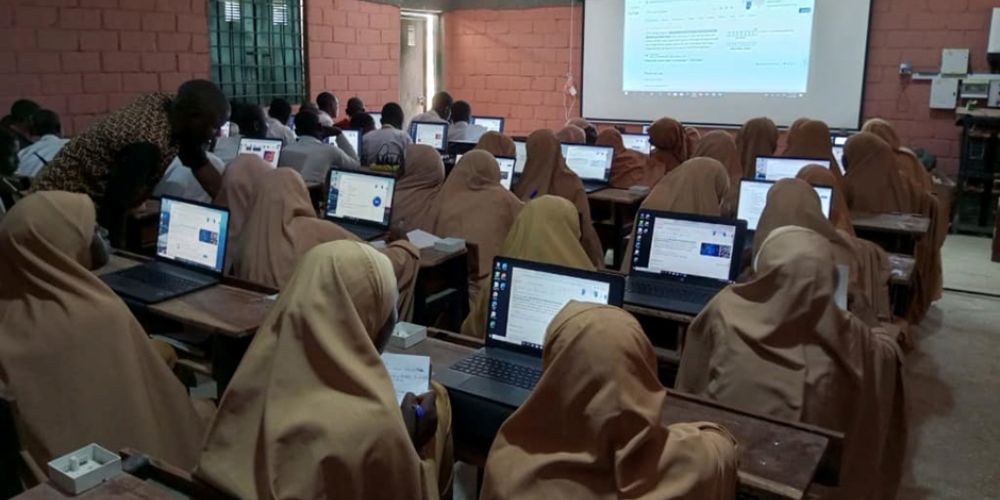By Rose Ndandok
The importance of access to quality higher education cannot be overemphasized because education, generally, is crucial for personal growth, economic prosperity, and societal advancement. However, the soaring rate of tuition has become a significant barrier for many individuals aspiring to attain a college degree, denying them the realization of their hopes and dreams.
It is within this context and out of the compelling need for and the profound benefits of reducing tuition fees in our tertiary institutions that Governor Uba Sani, less than one hundred days into his administration, announced a reduction in tuition fees by between 30 to 50 percent on courses of study and institutions for indigenes in the state-owned tertiary institutions.
The move also demonstrated the Governor’s solemn commitment to the people of Kaduna State to run a people-centred, all-inclusive administration that will leave no one or any part of Kaduna behind.
Governor Sani said that the review was done in response to the public outcry over the current fees being charged by tertiary institutions in Kaduna State, as it had become very burdensome and greatly affected school enrolment and retention. The extant fees had also made many students either abandon the pursuit of tertiary education or move to alternative institutions. He added that the decision to reverse the trend was borne out of his administration’s responsiveness to the current realities and also the need for all its citizens to access quality education.
Reducing tuition fees in tertiary institutions will offer many significant benefits to the people of Kaduna State; it will ensure increased accessibility, reduced student debt loan, and enhanced economic mobility. Other benefits are higher graduation rates, economic stimulus, increased enrolment, and social equity. This, in the long run, can have a wide-reaching positive impact on individuals, society, and the economy, making higher education more attainable for all and creating a more equitable and prosperous future.
The current administration, through its SUSTAIN Manifesto, has affirmed that a progressive commitment to the promotion of equal opportunity for all persons has been a key governance feature in Kaduna State since 2015. This has manifested in a steady commitment to expanding access to education and health, two key sectors which together have consistently taken the largest chunk of budgetary allocation in the state.
Education has always been the bedrock for development and the advancement of humanity and society in general. Through education, humans acquire knowledge that transforms society. Only well-educated and healthy persons that have the skills to exercise initiative and the vigour for hard work are required to build a strong society and a prosperous economy. This largely explains why human capital development is key in this administration, considering that no nation in the world can grow beyond the development of its human and material resources.
Therefore, the call for reduced tuition fees in Kaduna State is not merely an economic educational matter but a reflection of our values as a society. The decision to review downward tuition fees by Senator Uba Sani’s administration shows a commitment to equal opportunities, to nurturing the potential of every individual, and to fostering a more just and prosperous future for all people of Kaduna State. It is a giant stride toward a more inclusive, enlightened, and equitable world, where the doors of opportunity swing wide open for each and every aspiring mind and affirms the saying that the pursuit of knowledge should never be limited by financial circumstances.





